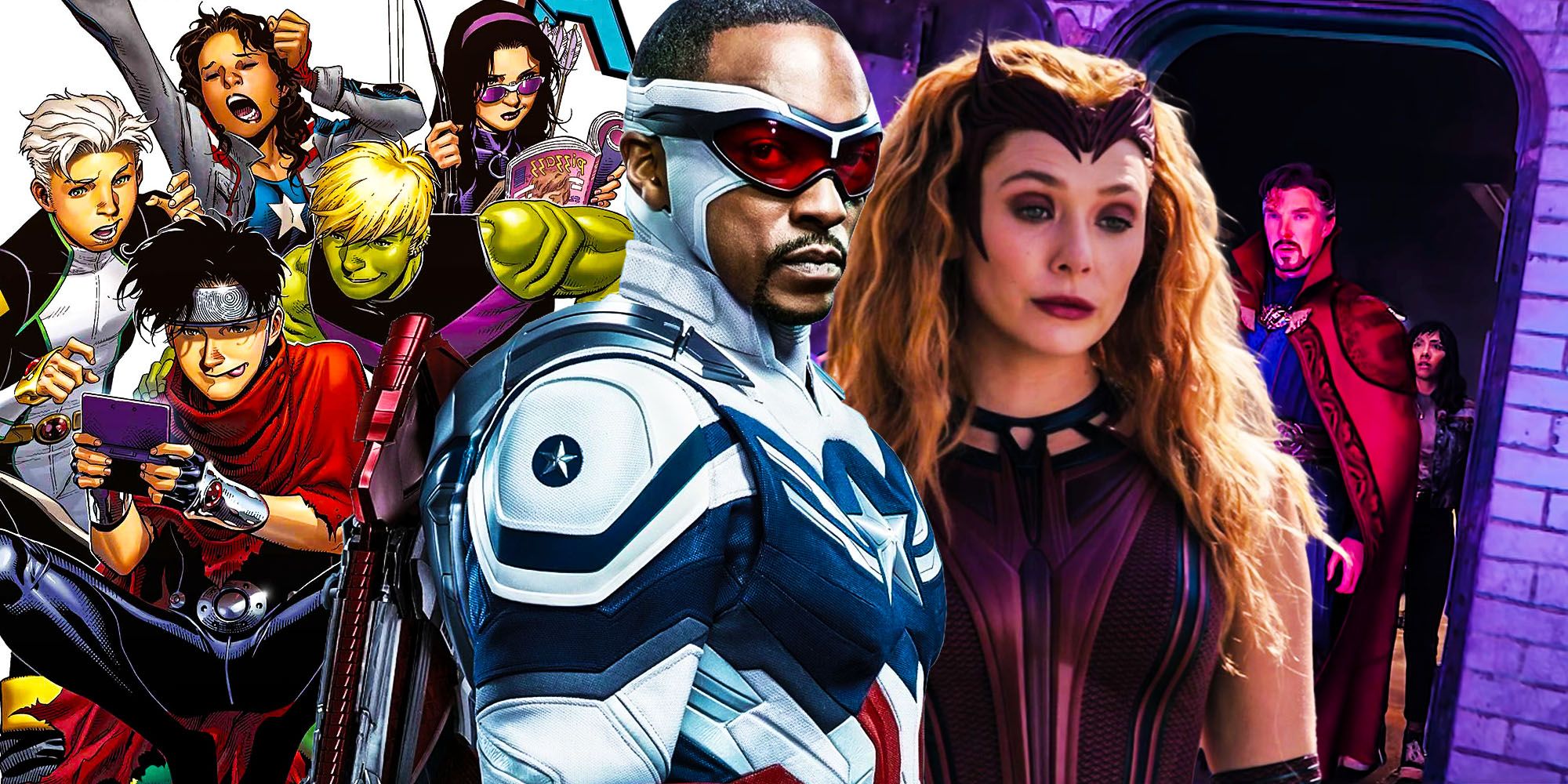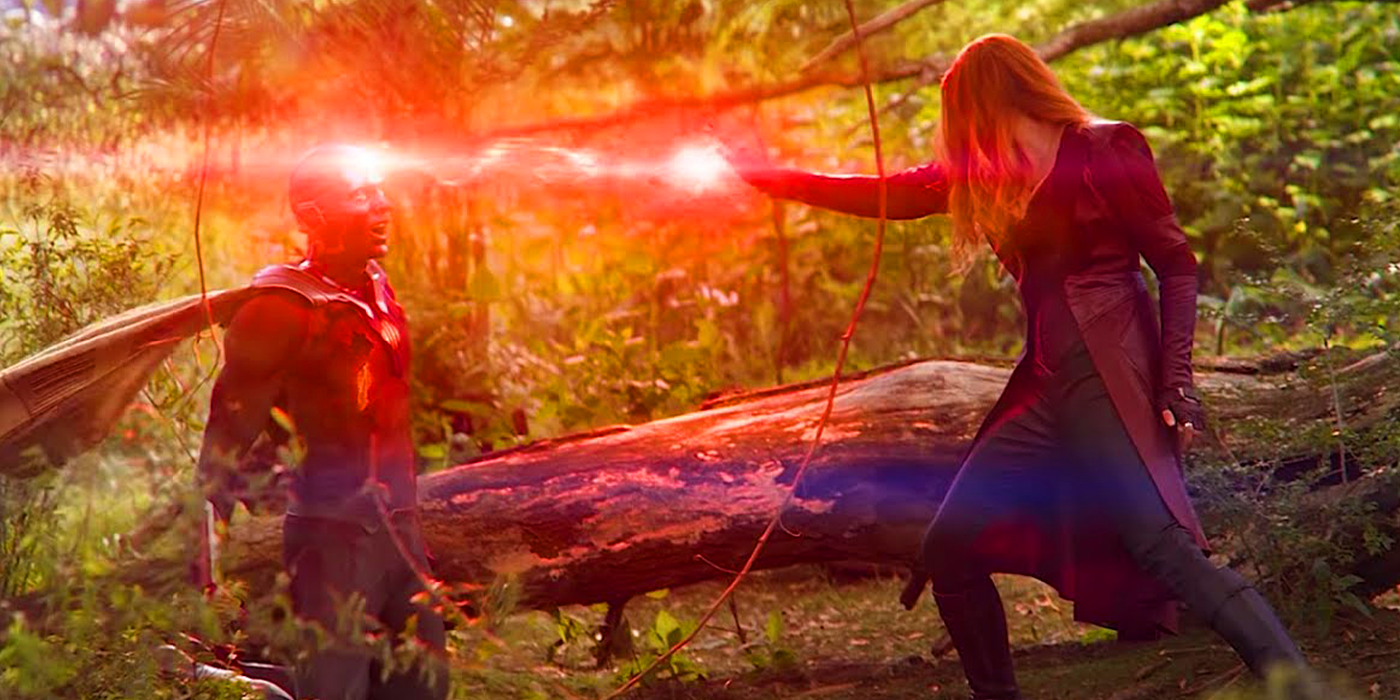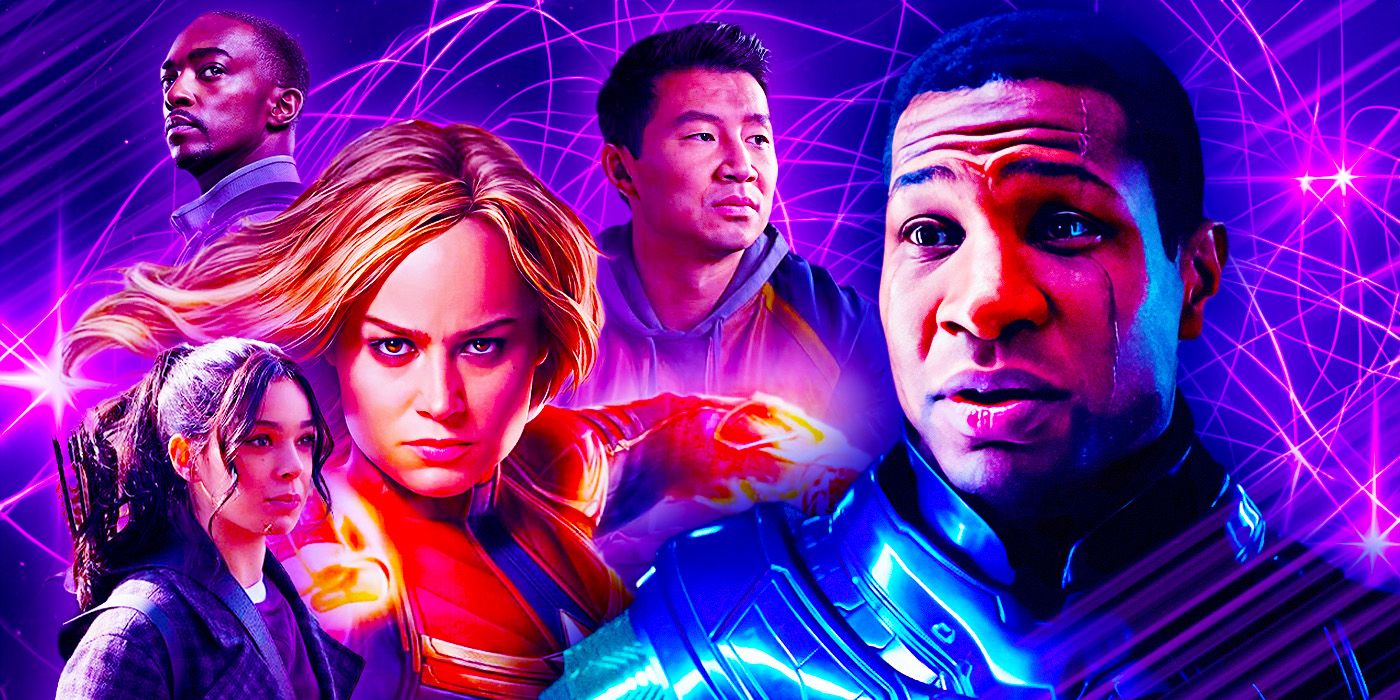Summary
- The MCU has successfully balanced power levels among Avengers since Avengers: Age of Ultron, creating engaging storytelling despite varying capabilities.
- The current Avengers lineup in Phase 5, featuring powerful heroes like Captain Marvel and Doctor Strange, won’t undermine the stakes or storytelling.
- By carefully crafting weaknesses and emotional challenges for powerful protagonists, the MCU has kept characters like Scarlet Witch, Vision, Thor, and Hulk from overpowering their foes.
Questions about the power level of the Phase 6 iteration of the Avengers have raised concerns, but Avengers: Age of Ultron already proved long ago that the MCU knows what it’s doing in terms of power balance. Creating an engaging narrative with heroes of varying power sets is a delicate balancing act. Ever since the first Avengers film, there has been an inherent difference in capabilities between the various heroes. There have been standout members of the Avengers in terms of raw power, such as Hulk, Thor, and Scarlet Witch.
As the MCU makes progress into Phase 5, the current Avengers lineup has some wondering what the overall power level of the series going forward will be. It could be easy to look at the potential roster and worry that the stakes will suffer due to the overall power level of the heroes in question, with standouts like Captain Marvel and Doctor Strange trivializing many smaller threats. But the MCU has always had powerful protagonists, and it’s never stood in the way of captivating storytelling before. In fact, the presence of greater-than-average heroes more capable of tipping the scales has directly contributed to creating some of the most memorable moments in the MCU.
Age Of Ultron’s Avengers Team Power Level Prevents MCU From Power Creep
Watching the heroes gradually increase in potential over the years until the stakes feel lowered by the apparent lack of danger is a future no viewer wants. But the Avengers have already proven that as they add protagonists to their varied roster, the overall power level of the team will stay the same, if not go down. At the end of Avengers: Age of Ultron, Captain America presides over a new iteration of the team. With Iron Man effectively retired, not to mention both Hulk and Thor being off-world at the time, the official team consisted of Black Widow, War Machine, Vision, Falcon, Scarlet Witch, and Captain America himself. This team in and of itself does a fine job preventing power creep in the MCU.
Dissecting this team as a side grade from the original Avengers lineup, the power levels of both teams remain comparable. The Age of Ultron ending team features three technology-reliant heroes with no powers at all – War Machine, Falcon, and Black Widow. This lines up with the three similar heroes of the original team, Iron Man, Hawkeye, and Black Widow again. While these members don’t have the raw destructive capability and durability of their more superhuman teammates, they fulfill their own niches and are respected members of the Avengers in their own right. In terms of heavy hitters, Scarlet Witch and Vision match Thor and the Hulk of the original team, perhaps trading some raw power for a lack of experience. The brilliance of the equality in capabilities between these two iterations of the Avengers means that audiences won’t be caught off-guard by the protagonists suddenly being able to easily surmount any foe they come across.
Age Of Ultron’s Avengers Roster Shows How The MCU Can Prevent Hero Power Problems
There’s no denying that Vision and Scarlet Witch are powerful additions to the Avengers base roster. But the MCU has proven that they’re still capable of crafting stories that challenge these characters in unexpected ways. The romance that developed between these two characters kept them on an emotional leash, tempering their actions to carefully avoid hurting each other, and more importantly, creating a weakness. When the two Infinity Stone-powered heroes have this weakness exploited by Thanos, master of all five stones, it revealed to audiences just how vulnerable they truly were despite all their supposed power. Through a combination of emotional story-telling and ever more powerful villains, the MCU has been able to keep its most powerful protagonists on the back foot.
This technique is seen again Phase 3, utilized against two original Avengers members that had since become more tertiary, Thor and Hulk. Despite being one of the stronger heroes in the MCU, Thor has gone through a painful journey by Phase 5. While Thor himself may be nigh indestructible, he has lost his home and many loved ones to powerful villains, not to mention his failure to kill the original Thanos before he could complete the snap that ended half the universe. These failures weigh heavily on his conscience and keep a powerful character far from perfect. Similarly, Bruce Banner has gone through similar emotional turmoil with his control of and relationship with the Hulk, keeping a powerful character reined in via emotional storytelling.
How Strong’s Avengers 5’s Likely Lineup Is Compared To The Previous Team
If there’s one advantage phase 5’s Avengers likely lineup has over past iterations, it’s the numbers. Now being able to pull from the expansive MCU TV shows library on Disney+, the Avengers have more candidates than ever before. However, it’s unlikely that every featured protagonist will make the cut, leaving the potential roster with a few notable heavy-hitters, namely Doctor Strange, Captain Marvel, and Spider-Man. While these heroes are formidable, they are fallible, and subject to emotional stakes, as films like Spider-Man: No Way Home and Doctor Strange in the Multiverse of Madness have already displayed. While they might have the numbers advantage, their lack of experience and yet-to-be-forged teamwork means the newest Avengers roster will struggle to compete against the original or Avengers: Age of Ultron teams, leaving plenty of room to grow.
This story originally appeared on Screenrant



